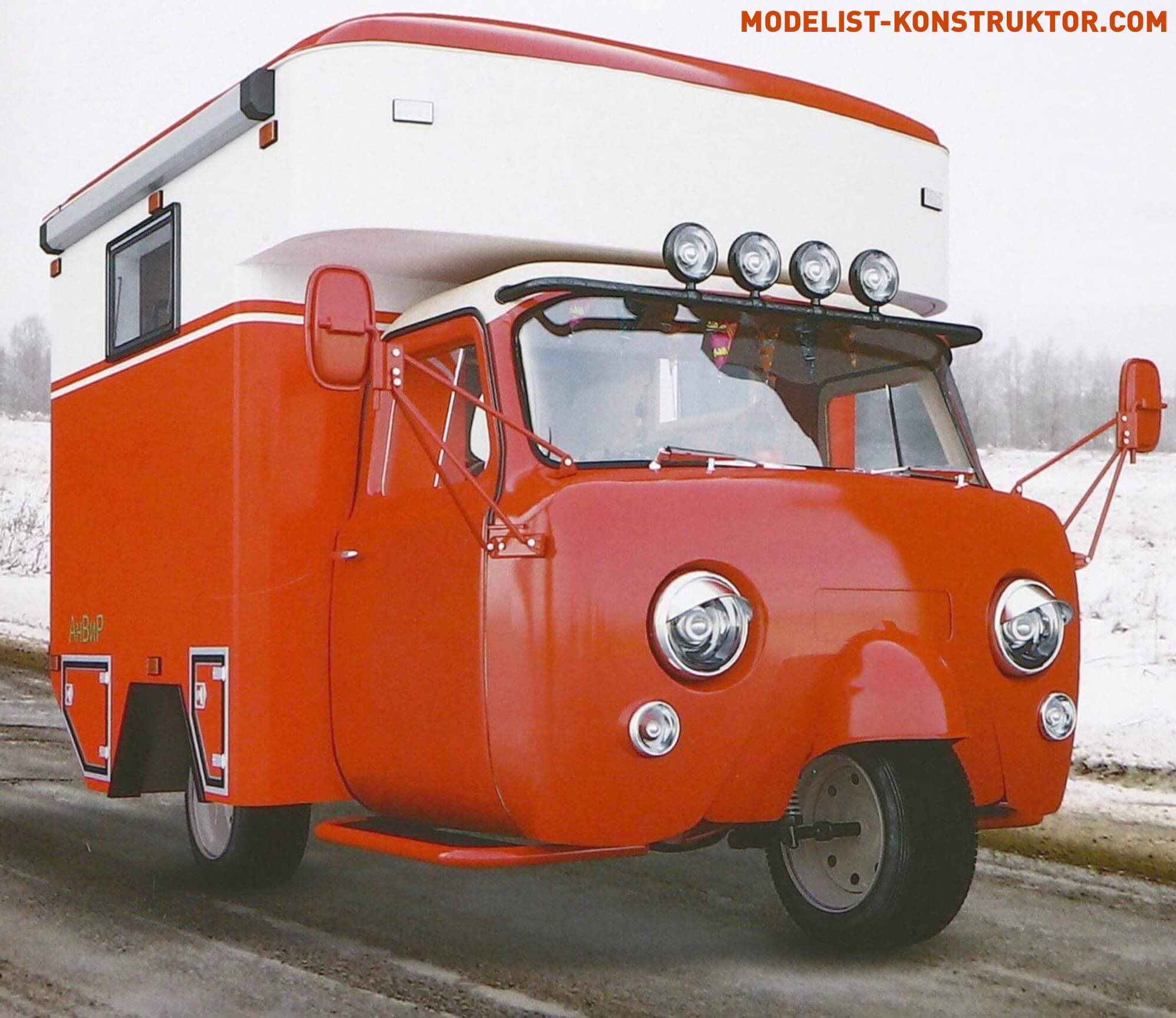Catamaran with solar panels
It so happened that I got into a kayak for the first time only in 2015, having turned 47 years old by that time. I picked up an oar, tasted the aroma of romance from river rafting and realized – this is mine! In one breath the Klyazma was passed from source to mouth, and Read more…










